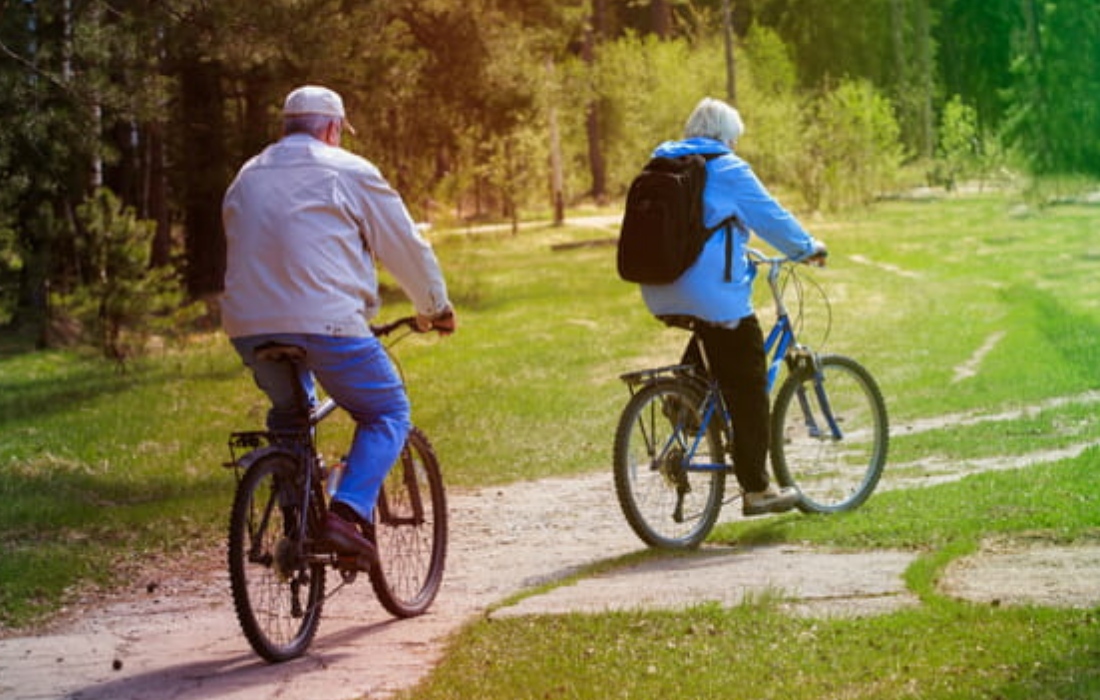Why Do My Joints Ache When the Weather Gets Cold?

By Neveen Gabra, PT, MSPT
Many patients come to physical therapy asking why they have increased pain when it rains, snows, or just when the weather gets cold. So, why do joints ache when the weather gets cold?
The main theories surrounding this question are as follows:
- Changes in Barometric Pressure
This theory is based on a study of a balloon in a barometric chamber. When the barometric pressure decreases, the balloon increases in size. This drop in pressure can similarly cause tissues around our joints to swell, and create pain. Because a drop in barometric pressure precedes a storm, patients can ‘predict’ when a storm front is coming. Patients with arthritis or a previous joint injury typically report these weather-related events.
- Humidity
Humidity causes excess swelling and loss of body fluids, which can lead to dehydration. Just like a hinge requiring lubrication to move effectively, our joints require constant lubrication to move without restriction and pain. As humidity increases, dehydration will kick in and cause a subsequent decrease in the lubrication of our joints, thus resulting in pain.
The scientific evidence is conflicting. Some studies find a strong relationship between short, cold, damp days and joint pain flare-ups. Research from Tufts University¹ suggests changes in barometric pressure worsen knee pain in people with arthritis, while colder temps can cause painful changes in joint fluid thickness. Other studies have found little or no link between weather and joint pain.
So when your joints start to warn you of the miserable weather ahead, plan a toasty warm schedule of indoor exercise, cozy clothing, and a healthy diet!
¹McAlindon, T. et al. (2007). Changes in barometric pressure and ambient temperature influence osteoarthritis pain. American Journal of Medicine, 120(5): 429-34.

